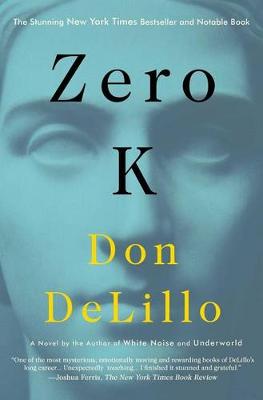Reviewed by gmcgregor on
I'm a big movie-watching as well as a book-reader (I actually think the latter has supplanted the former these days since I'm reading so much more than I used to), and this book reminded me of a literary version of a mash-up of The Tree of Life and the end of 2001: A Space Odyssey. It's a dream-like meditation on mortality, without much actual plot or even real character development. It feels like abstract art in a way...it's got a tone and a theme, but making connections and fleshing it out and figuring out how to feel about it are on the person taking it in (in this case, the reader). It's a book to read slowly and contemplate. For me, personally, I found it alienating. Like the end of 2001, it made me think about things and have feelings, but I didn't really feel like I understood it. And not in the way that makes you want to go back and mine deeper in the layers of it to find new gems, but in the way where I felt like it was written specifically to be distant and aloof. If you're in a mood to contemplate the deeper questions of life, this will be a solid read but otherwise the supple prose is about the only selling point.
Reading updates
- Started reading
- 27 June, 2016: Finished reading
- 27 June, 2016: Reviewed
